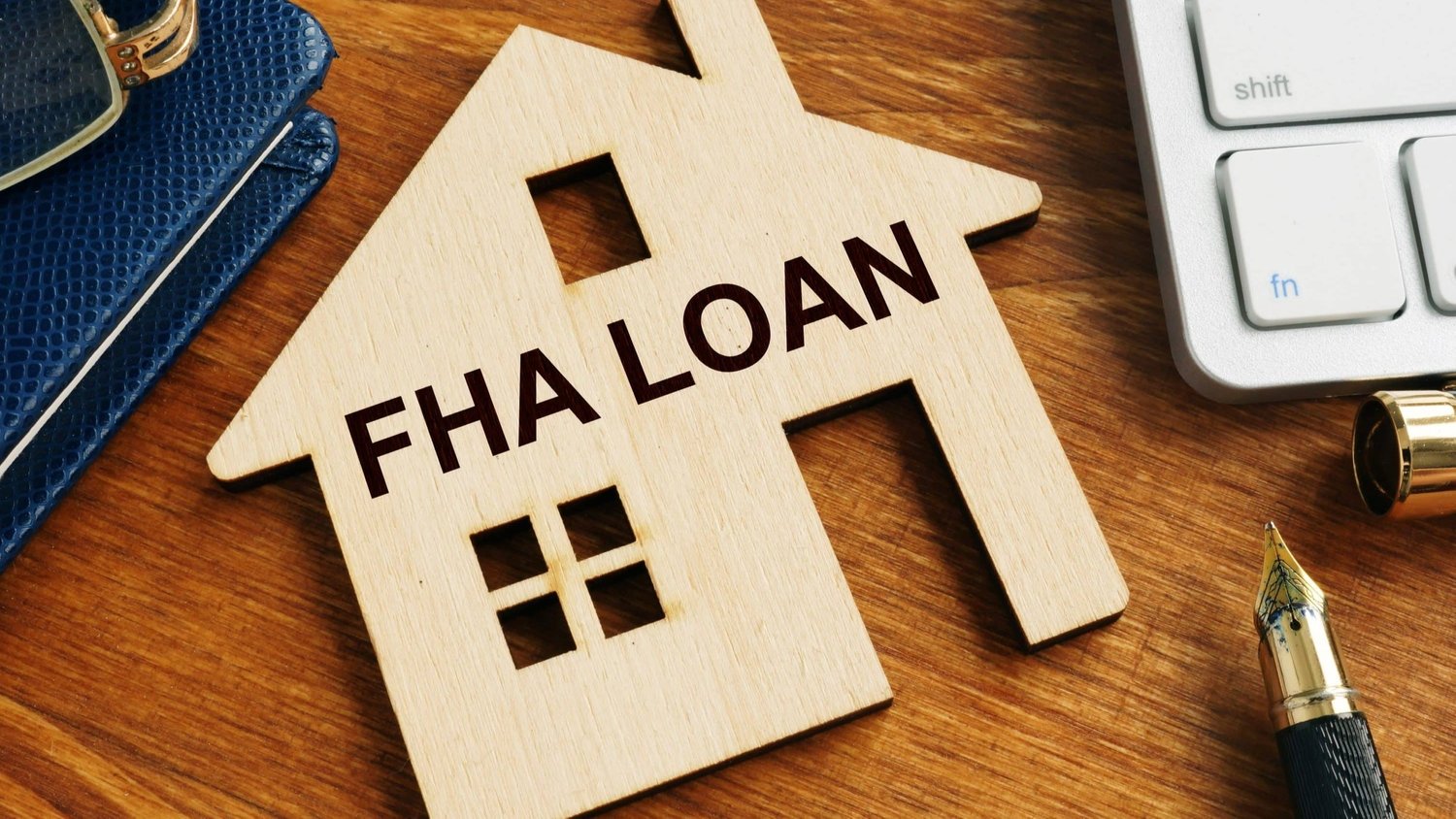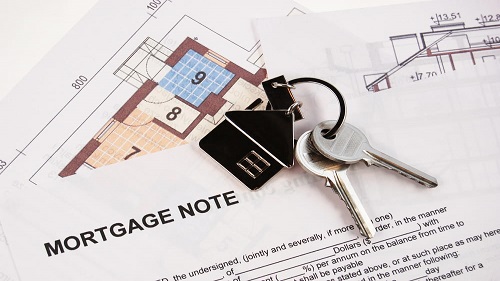
Mortgage Dove
Home Appraisal: What Is It and How Much Does It Cost?
If you're planning to purchase, sell, or refinance a home, getting a home appraisal will likely play a significant role in the course of the procedure. It's important to know what the value of a home is before making any significant financial decisions about the property.
The appraisal process may be nerve-wracking, particularly if you don't quite understand what goes into it. Let's look at what appraisals are, how they function, and how much they can cost.
What Is a Home Appraisal?
Appraisals are honest, professional evaluations of a home's value. Appraisals are typically used in real estate transactions and are frequently used in refinance transactions.
If it's a purchase-and-sale transaction, the appraisal will be used to determine if the home's price in the contract is reasonable given the property's condition, location, and features. In a refinance transaction, the appraisal assures the lender that it's not lending the borrower more than the home is worth.
They want to ensure that homeowners do not overborrow since the home is collateral for the mortgage. If the borrower defaults on the loan and ends up in foreclosure , the lender would then offer the house to get the amount it lent. The appraisal can help the bank protect itself from borrowing more than it would be able to repay in the worst-case scenario.
Home Appraisal vs. Home Inspection
An appraisal is distinct from a home inspection, which is a more in-depth procedure. When a home inspection is conducted, the inspector looks for signs of problems within the home and determines if specific areas need repairs.
The inspector can test the outlets or run the furnace of the house to see if it's able to keep a stable temperature and examine the roof to check whether it's installed properly.
A home appraiser will take obvious defects into consideration, like a roof that’s caved in, and the fact that the house does not have a functioning plumbing system; however, they will not look for specific issues. The appraiser, instead, will look for the overall value that they can assign to the property without looking for more serious issues.
Other Types of House Appraisals
Apart from the traditional in-person appointment, the lender can arrange a different kind of appraisal, based on the circumstances. In recent years, technological advancements have made it easier to determine the value of a house without actually inspecting the property. Here are some different ways an appraiser could assess your home's value:
- Hybrid appraisal
A hybrid appraisal is a combination of a virtual and in-person visit. The appraiser will make use of photos taken from the property's listing, or the home inspection to examine the property. They'll also hire a professional appraiser from the area to gather additional details about the property by measuring the dimensions of rooms, or examining specific features.
- Desktop appraisal
It's as simple as it sounds. A desktop appraisal is done on the appraiser's computer. They'll use only public records, floor plans for the home, and real estate comps in order to obtain the data they require. These appraisals have become more popular among lenders since appraisers don't need to leave their workplace for the appraisal report to be completed, which means that there is a shorter waiting time.
- Drive-by appraisal
Some lenders might even employ a "drive-by appraisal" for qualified borrowers. This type of appraisal is especially popular with FHA and VA lenders, who started accepting exterior-only assessments following the COVID-19 pandemic.
The Home Appraisal Process and Cost
Since the appraisal is primarily aimed at protecting the interests of the lender, the lender will generally demand that the appraisal be conducted. The borrower usually pays the fee. An appraisal typically costs a few hundred dollars. However, the cost differs depending on the size and condition of the property and the level of detail required for it.
In accordance with the Appraisal Institute , a group of appraisers with professional qualifications, a qualified appraiser must be certified or licensed as required in all 50 states and be knowledgeable of the local area. As per federal regulations, the appraiser must be impartial and have neither a direct nor an indirect interest in the transaction.
What Does a Home Appraiser Look At?
The appraisal value of a property is determined by current market trends and by recent sales of similar properties. Other important factors include the number of bedrooms and bathrooms, the functionality of the floor plan, and the square footage.
The appraiser has to conduct a complete visual inspection of the interior and exterior and take note of any issues that negatively affect the value of the property, such as needed repairs.
What's in an Appraisal Report?
The majority of appraisers utilize the Universal Residential Appraisal Report of Fannie Mae for single-family homes . The appraisal report requires the appraiser to describe the inside and outside of the property and the surrounding area. It also requests the cost of similar sales within the neighborhood. The appraiser provides analysis and conclusions regarding the property's value from their findings.
The appraisal report should include the following:
- A map of the street showing the exact location of the appraised property and comparable sales
- An exterior building sketch
- A description of how the square footage was determined
- Images of the home's front, back, and street
- Exterior photographs of the front of each comparable property used
- Other relevant data, like market sales data, public land records, and public tax records employed to determine the fair market value of the property
How Long Does a Home Appraisal Take?
There are a variety of factors that affect how long it takes to appraise, depending on the type of appraisal requested by your lender and the regulations of the state where you live. From start to finish, obtaining an appraisal for your home can take a few days or even a few weeks.
The actual inspection can take anywhere from 15 minutes to several hours; however, as mentioned above, those longer physical inspections are becoming less frequent since the beginning of the pandemic. It's too early to determine if the technology used during the pandemic will be around for long. It is possible that the technology will continue to accelerate home-buying processes.
What Factors Influence Home Appraisal?
The most important factor in determining the value of a home is its location. If the home is located in an unattractive neighborhood, near a junkyard, powerlines, or on a busy street, it will have a negative impact on its value. It will have a higher value if it is located on a well-maintained street, close (but not too close) to a good supermarket.
While you cannot change the location of the property, you can positively influence other aspects of a home appraisal. You can improve curb appeal by cleaning up the house and taking care of routine maintenance items and minor repairs. A messy house should not have any effect on an appraisal of a home, but appraisers are also human. Even if they are not conscious, clutter and dust can affect them.
Home Appraisal Tips for Buyers
The home appraisal can have an impact on the selling price and mortgage amount of a house. A home appraisal that isn't in line with your purchase price can spell trouble. You may have to negotiate with the seller or bring more cash if the appraised value of the house is lower than what you agreed to pay. Sometimes, an appraisal that is too low could cause you to leave the house. Here are some tips for buying a house.
- Be Thoughtful About Your Offer.
In a hot market, buyers may be forced to offer more than the asking price. Sometimes buyers will offer to pay more than the property is worth. This might not be a problem if you have more money, but if your cash flow is limited, it could mean that you are unable to finance the home. You need to be familiar with the market in order to avoid this. You can keep an eye out for similar sales and find a top-rated real estate agent who is familiar with the area.
- Appeal The Appraisal
Are you concerned that the appraiser committed an error? The decision may be appealed.
To ensure everything is in order, review the appraisal report. Did they accurately record all property details? Are the comparable properties cited in the report too close to the house you are buying? These could be grounds for disputing the appraisal. Contact your lender to begin the appeal process.
This is a lengthy process, and appraisers have the chance to correct mistakes before a new appraisal can be ordered.
- Don't Stress
You can't control the appraisal results. As the buyer, you have to hope that things go according to plan. An appraisal protects you and your lender against overpaying for a house. A low appraisal might just be a blessing in disguise.
The Bottom Line
If everything goes smoothly, the home appraisal is just another thing to check off the list. If the appraised value is less than what was expected, the transaction could be delayed or even canceled.
Whatever circumstances you face in your house buying, selling, or refinancing process, an understanding of the way the appraisal process works will only benefit you, especially when you're looking to purchase your first house.
"Mortgage Dove makes home financing convenient for every American. You can count on us to provide a home buying experience tailored to your personal needs and financial situation. We strive to give you the peace of mind that your home financing goals can be achieved.”

Mortgage®
www.mortgagedove.com



